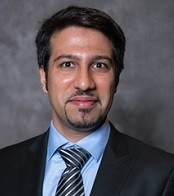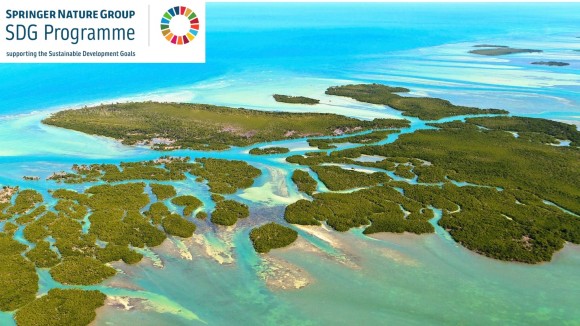Swadhin Behera is a Director at the Application Laboratory at the Japan Agency for Marine-Earth  Science and Technology and an Adjunct Professor at the Department of Ocean, Technology, Policy, and Environment at the University of Tokyo. Also, he is the chair of the West Pacific and Marginal Seas of South and East Asia Regional Team. He is well-known for his research in ocean and climate variations, especially for his discoveries and seminal works on Indian Ocean Dipole, Indian Ocean Subtropical Dipole, El Nino Modoki, and Ningaloo Nino. He has also done impactful research to show the impacts of these phenomena and developed global coupled models for their predictions and societal applications. Dr Behera has been an Editorial Board Member for Scientific Reports since 2022.
Science and Technology and an Adjunct Professor at the Department of Ocean, Technology, Policy, and Environment at the University of Tokyo. Also, he is the chair of the West Pacific and Marginal Seas of South and East Asia Regional Team. He is well-known for his research in ocean and climate variations, especially for his discoveries and seminal works on Indian Ocean Dipole, Indian Ocean Subtropical Dipole, El Nino Modoki, and Ningaloo Nino. He has also done impactful research to show the impacts of these phenomena and developed global coupled models for their predictions and societal applications. Dr Behera has been an Editorial Board Member for Scientific Reports since 2022.
Hector Martin is a Civil Engineer lecturing in Construction Project Management and  Building Information Modelling at Queen’s University Belfast. His interest is in processes and practices to improve the built environment, small island developing states' resilience, and decision-making in Engineering. Dr Martin has been an Editorial Board Member for Scientific Reports since 2023.
Building Information Modelling at Queen’s University Belfast. His interest is in processes and practices to improve the built environment, small island developing states' resilience, and decision-making in Engineering. Dr Martin has been an Editorial Board Member for Scientific Reports since 2023.
Hamed Moftakhari is an Associate Professor at the Department of Civil,  Construction and Environmental Engineering, in The University of Alabama. His research interests are in the area of coastal hydrology, and involves multi-hazard risk analysis, management and modeling. He explores how the interaction between inland hydrologic processes and coastal ocean processes would affect resources in the low-lying coastal regions, and how the response of affected communities would mitigate/intensify the impacts. Dr Moftakhari has been an Editorial Board Member for Scientific Reports since 2020.
Construction and Environmental Engineering, in The University of Alabama. His research interests are in the area of coastal hydrology, and involves multi-hazard risk analysis, management and modeling. He explores how the interaction between inland hydrologic processes and coastal ocean processes would affect resources in the low-lying coastal regions, and how the response of affected communities would mitigate/intensify the impacts. Dr Moftakhari has been an Editorial Board Member for Scientific Reports since 2020.

